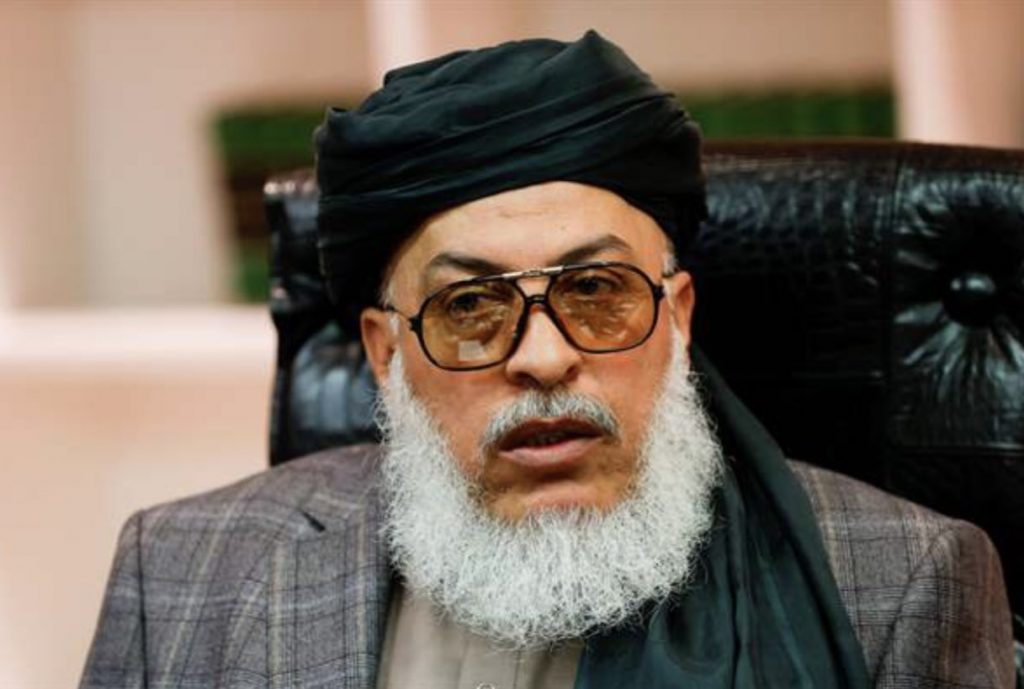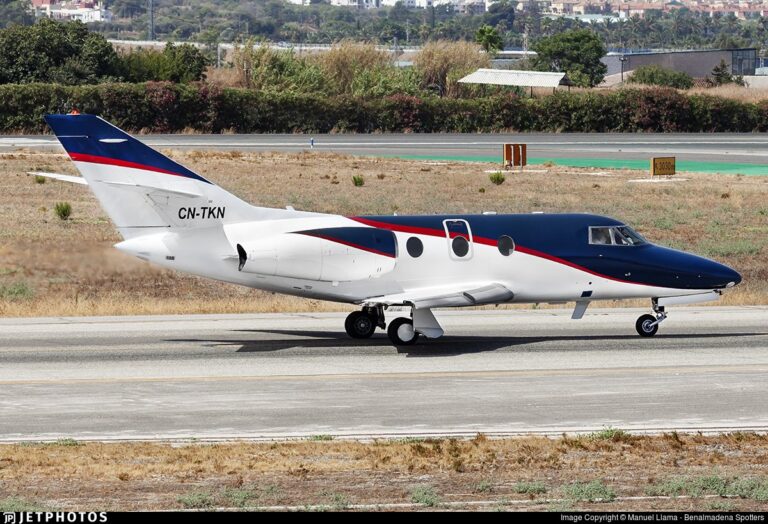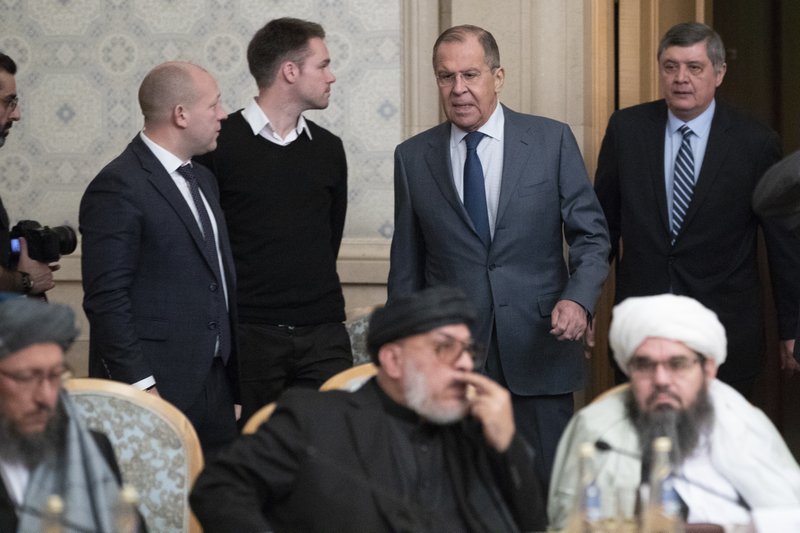Moscow is likely to keep on funding the Taliban regime in Afghanistan, via military intelligence, as reviews of the data on Russian plane crash in the mountains in Afghanistan indicate. The official story of the crash is controversial, which supports this assertion.
On January 20, RA-09011 Falcon 10 jet operated on an ambulance flight from U-Tapao Airport (Thailand) to Moscow-Zhukovsky Airport (Russia) with refueling stops at Gaya Airport (India) and Tashkent International Airport (Uzbekistan). There were presumably four crew members and two passengers on board. Neither the embassy nor the Center for disaster medicine was involved in arranging this flight.
Flightradar24 says the jet, built in 1978, is privately owned, and belongs to Athletic Group LLC, registered in the Moscow region, and to an individual – Mr. Grachev, born in Tver, who is the pilot of this plane.
The aircraft departed U-Tapao Airport (UTP), Thailand on January 20 at 06:20 UTC. A refueling stop was made at Gaya Airport in India before it continued to Tashkent Airport, Uzbekistan, for another refueling stop. The flight took off from Gaya about 10:40 UTC.
Shortly before entering Tajik airspace, the Falcon 10 pilots reported increased fuel consumption due to strong headwinds on the flight. At 14:05 UTC, the flight crew radioed that they were low on fuel.
The pilots decided to go to the reserve airfield in Dushanbe for refueling. But later the pilots first reported the left engine failure, and a moment later – the second engine failure. The plane disappeared from radar screens 15 minutes later, as it crashed into a mountain in the Wakhan region of Badakhshan, Afghanistan. Some clear sounds, similar to AK-74 rifle shooting, followed by some phrases in Pashto are heard on presumably crash scene video.
Tajik air traffic control claims the plane’s captain was about to land in Tashkent for refueling, but finally requested an emergency landing at Kulob airfield in Tajikistan.
Both pilots have licenses that do not cover commercial flights. The Athletic Group that operated the jet did not have the appropriate certificates for commercial air operation or general aviation certificate. Falcon 10 flight was cleared as non-commercial flight, without passengers or luggage, operated by two pilots only.
The Falcon 10 pilots spent almost 15 hours en route to Pattaya, which means their flight was nearly 17 hour long, with pre-flight and post-flight procedures, while Russian law limits the maximum permissible duration of a flight to 13 hours.
Exclusive: According to the initial intelligence data about the crash of a six-person Russian private jet in the northeast of Afghanistan, the Russian jet (RA-0901) crashed in the mountains (Top-Khana) joint area of Zebak, Kuran wa Munjan districts of Badakhshan province. Including the four crew members, Russia’s deuce GRU (military Intelligence agency) spies named Elias Alexi and Elias Nikolai were killed. Russian aviation authorities, however, say there were no persons with such names on board, which might suggest there could have been some people who accompanied special undeclared cargo. An ambulance flight is the perfect cover story for intelligence to deliver special cargo.
Anna Evsyukova, 64, was a bedridden patient in serious condition on board, the Russian authorities claim. The Thai doctors diagnosed her with staphylococcal epidermolysis with the development of septic shock.
She was accompanied by her husband, a private entrepreneur from Russia,
— Anatoly Evsyukov, 65 (presumably dead). The Evsyukovs’ son, Vitaly, was not allowed on board due to allegedly excessive takeoff weight, although the Falcon 10 is designed to carry 4-8 passengers.

The aircraft crew:
— Dmitry Belyakov, 41;
— Arkady Grachev, 42;
— Igor Syvorotkin (doctor), 26;
— Pavel Popov, 44.
The operating company has never been involved in passenger flights and did not have a license to do so. Another company, Jet Aero, used the plane to legalize the flights. It is owned by Grachev himself and Dmitry Belyakov, the co-pilot.
A separate Taliban statement from Abdul Wahid Rayan, a spokesman for the Taliban’s Information and Culture Ministry, described the plane as “belonging to a Moroccan company.”
The plane had been with a medical evacuation company Alfa Air, based in Morocco (at least before Oct. 2023). It was using a Moroccan transponder code (020087 / CN-TKN).
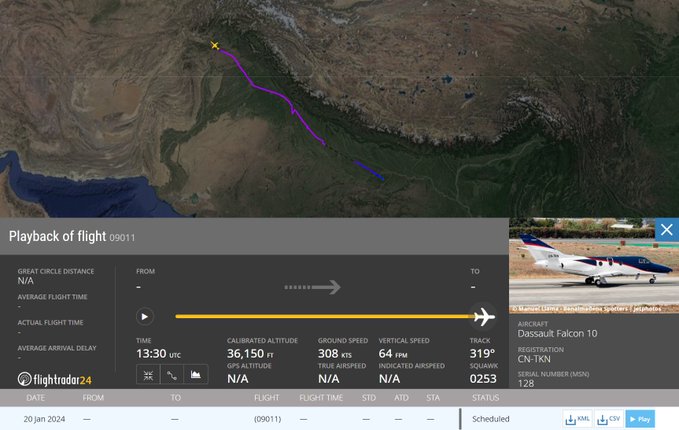
The flight was previously “Registered”, as per other sources, in US as N17CQ in 08/2022 by Assia Aero Inc (a Delaware shell company) for export to Turkey. It was transferred to Russia illegally in late 2023 violating US export controls.
This uncertainty about the plane owner might suggest the aircraft was operated for the sake of Russian intelligence to carry on intelligence missions.
Unknown people stole $1.2 million from the crashed Russian plane, the sources of Hasht-e Subh say. Having discovered the money was missing, Mohammad Ayub Khalid, the Taliban governor for Badakhshan, ordered a special commission to investigate the crime.
The head of Taliban intelligence in Badakhshan will search for the attackers. It means the Taliban knew the plane was carrying the money, which most likely was meant for them. We believe the plane should have landed at the Tajik Kurgan-Tyube airfield, long used by the Russians, as we consider, for weapon supplies to the Taliban, including for Badakhshan province. The Evsyukovs’ son says the plane could have carried $1.2 million on board, but claims the money could not have belonged to his family.
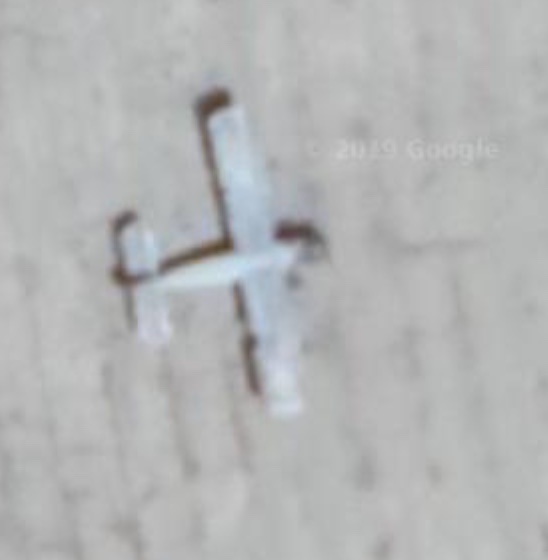
More on this story: Russia’s weaponization of the Taliban
The Falcon, therefore, was likely to alter the route due to technical problems and entered Afghan airspace before reaching the Tajik airfield.
It’s strange how Falcon got into the territory of Afghanistan. Russian Civil aircraft have not flown over Afghanistan since August 16, 2021, after the transfer of power in the country to the Taliban movement. That means the pilots could not have planned to enter Afghan airspace.
Arkady Grachev and Dmitry Belyakov, the pilots, co-owned the Jet Aero air carrier. There is a version that Falcon 10 crashed as the pilots did not calculate the fuel properly when refueling in India, due to the minimum flying time on this type of aircraft. But minimal flight hours cannot explain why there was not enough fuel for the plane route. We do not exclude that the cargo or unregistered passengers, presumably on board, could have caused excessive fuel consumption. A headwind was unlikely the cause, as the crew should have known the meteorological situation on the flight route.Upon arrival in Russia, Anna Evsyukova was supposed to be taken to the Botkin Hospital. It is doubtful, however, she was still alive when leaving Uzbekistan’s airspace.
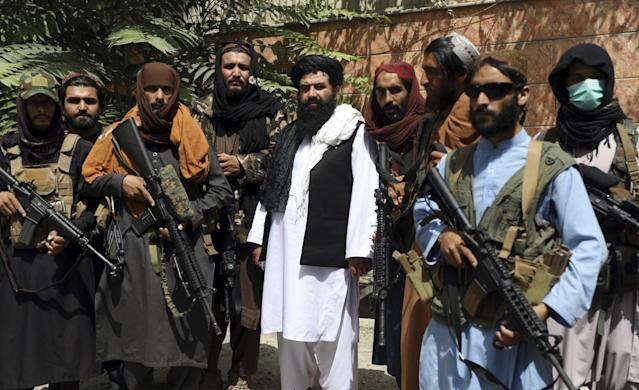
More on this story: “Russian bounties” in Afghanistan: Stage 2
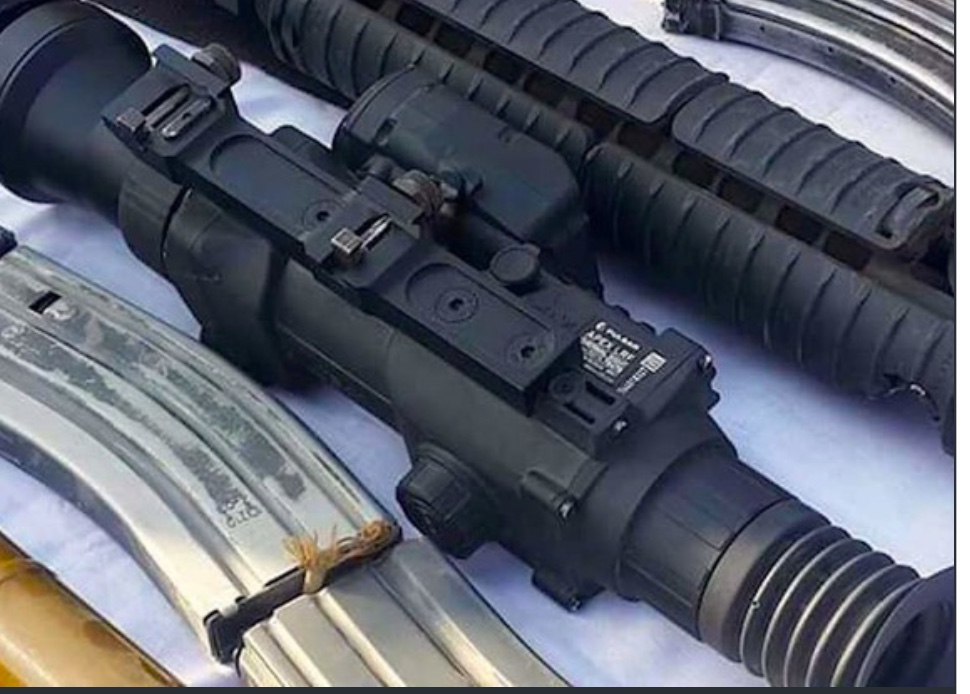
More on this story: Covert arms transfer schemes for terrorism network
